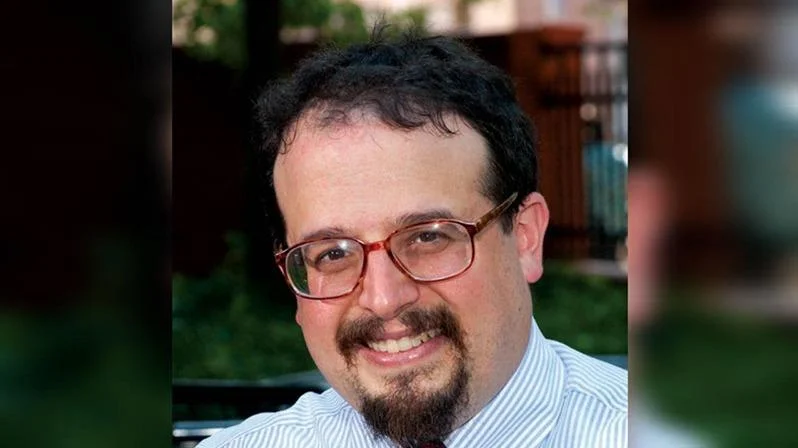
A graduate studio is conducting a detailed investigation of Harm Reduction Centers (HRC) in New Jersey following a directive from public law enacted in 2021. The research focuses on examining the provision, implementation, and challenges faced by HRCs in the state.
In New Jersey, the Department of Health is exploring the feasibility of introducing vending machines and mobile units at existing HRCs, which are currently operational in seven different locations. The investigation aims to address various implementation obstacles, including legal issues, municipal regulations, siting, and community organization partnerships.
By analyzing municipal zoning laws and incorporating case studies, the studio hopes to contribute to existing research on the subject. The report highlights important findings regarding the zoning challenges faced by HRCs.
"New Jersey municipalities maintain local control over zoning and land use," making the implementation of HRCs subject to the diverse zoning codes of each city. Consequently, "the application and interpretation of zoning codes can vary," prompting the need for collaboration with local planning officials. Some HRCs have reported zoning challenges, while others have not encountered significant obstacles.
The definition of HRCs as “inherently beneficial” is not consistently recognized across zoning codes, creating difficulties in their acceptance. The Camden Area Health Education Center (AHEC) managed to secure city support for HRCs as a beneficial use by conducting a location analysis to confirm that their operations did not pose a public nuisance.
Moreover, most cities mandate permits for vending machines, and due to the lack of specific references in city regulations, the legal status of HRCs often falls into ambiguous zones requiring careful interpretation. The centers also face financial issues, with many identifying funding and real estate expenses as major hurdles. Complexities in funding arise when grants limit spending on rent and overheads, making facility acquisition challenging due to volatile real estate markets.
In addition to their primary function, New Jersey HRCs provide essential syringe disposal services. However, community reactions to their presence vary. For instance, NJCRI in Newark enjoys local support, whereas the Hyacinth Foundation and Camden AHEC have encountered community opposition. Stigma and privacy concerns also persist, particularly for Camden AHEC, where efforts are made to ensure client confidentiality and maintain a low profile.
The studio's team comprises students Kabir Premlani, Jaewon Shin, Jainy Shah, Raveena Bandaru, James Barnett, Nathaniel Lange, Alisa Wyrick, Joanna Freedman, Katie Jurenka, and Prajwal Nagendra under the guidance of their instructor.